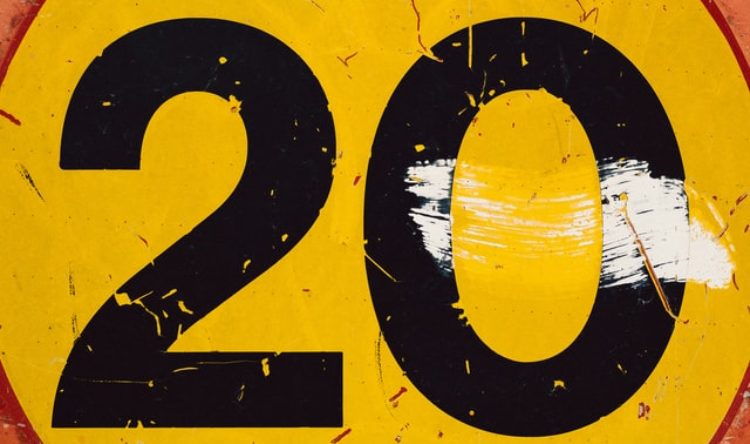Licence points gain more strength
Stricter rules on points and driver bans being encouraged
One driver is still driving despite accumulating 68 points. The standard legal ruling means 12 points should see a driver facing a ban.
A large group of drivers are being given special dispensation to keep their licences and stay on the road. This is despite the fact that some are at least 2.5 times over the penalty point threshold.
Another six have stacked up 51 points or more. Close behind are 39 drivers with between 30 and 50 points to their name.
Points and surprises
The latest DVLA list of shame exposes 51 UK drivers with 28 or more points. In England, a total 8,237 drivers are on or over the 12-point threshold, with men (6,837) outnumbering women (1,400).
A DVLA spokesperson said: “These statistics provided are likely to include cases where drivers have received court sentences including disqualification, supervision orders, community punishment orders or imprisonment.
“Following the period of disqualification imposed, drivers can re-apply for their licence meaning that they can have a high number of valid penalty points and current entitlement to drive, even though the sentence of the court has been served.
“In a small percentage of cases where the driver has accumulated 12 or more penalty points, we understand that a court can exercise its discretion and not disqualify the driver.
“In the majority of these cases, magistrates may have decided to allow drivers to retain their entitlement to drive where it is considered that disqualification would cause exceptional hardship.
“The DVLA checks with courts when a driver’s 12 current penalty point threshold is met or exceeded but where a disqualification is not Imposed at the time of conviction.”
Claims clarity
Last month, DVLA data showed nearly 8,800 motorists with 12 points or more were still behind the wheel . The allowances come after claiming a suspension from driving would lead to ‘exceptional hardship’.
New, stricter criteria means it is now much harder for motorists to benefit from exception. This is particularly true when it comes to repeat appeals, unless hard evidence is provided.
Loss of employment no longer a good enough reason alone to cause exceptional hardship, the Sentencing Council ruled.
Before permitting exemptions, the council urged courts to probe claims more thoroughly. Proof that alternatives (such as other modes of transport) for avoiding exceptional hardship are not viable should be provided.
Common offences result in points on a licence. These include speeding, driving without insurance, failing to comply with traffic light signals and driving without due care and attention.
Speaking about its latest data, the DVLA added: “The DVLA’s driver database changes constantly. Therefore, it is possible only to provide a snapshot of the state of the record at the time of any request.”






